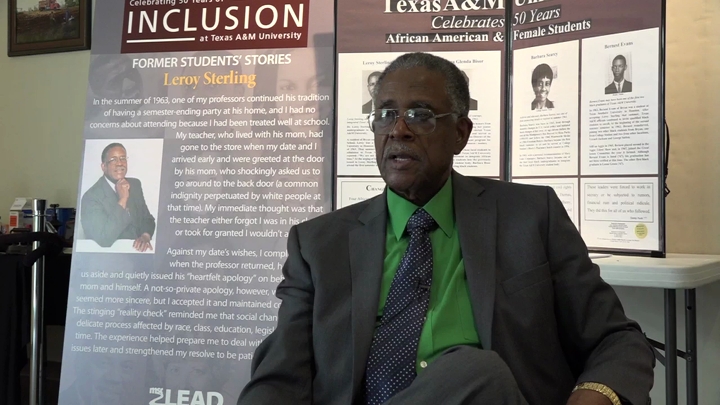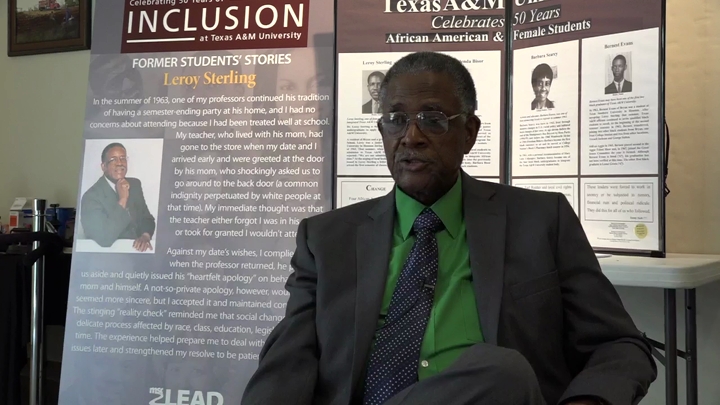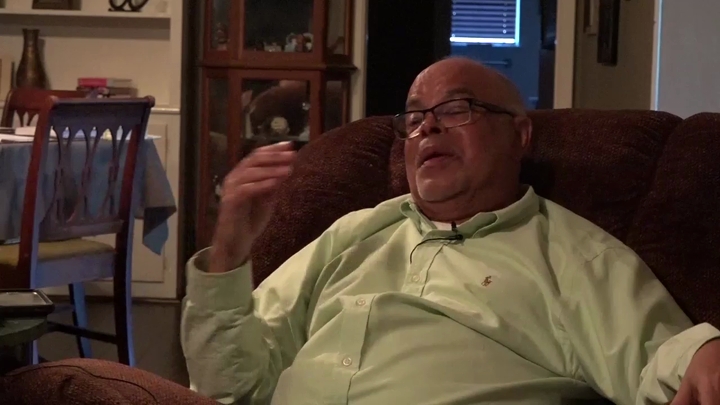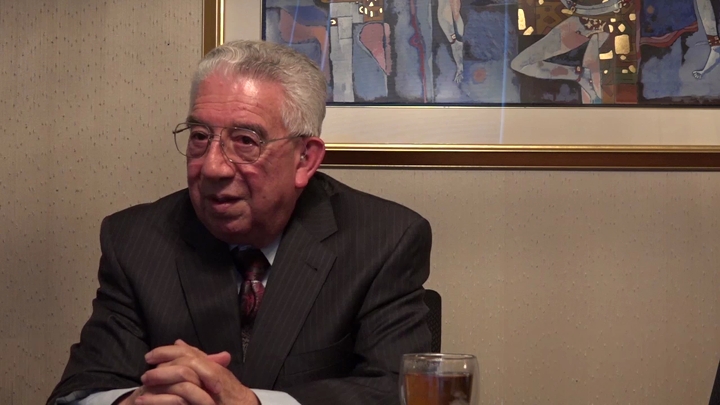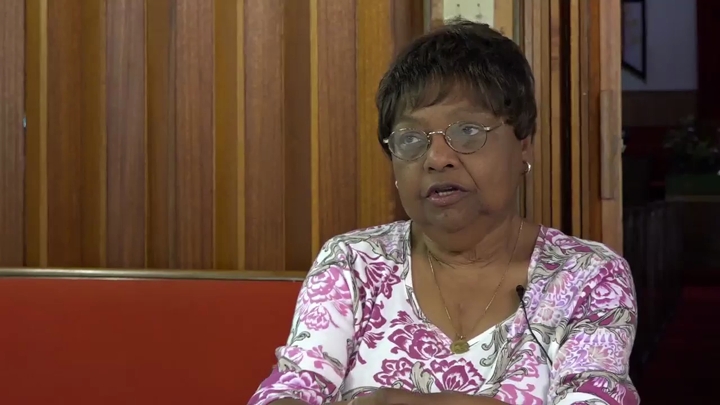Johnson / Reasons for Not Walking the Stage
sign up or sign in to add/edit transcript
Interviewer: I guess as someone who—I’m in graduate school myself and really looking forward to the day that I get to walk across the stage in my regalia with my PhD. I mean, as much as the degree is important, there must have been something that happened during the time that made you feel that you didn’t want to do that. Johnson: No. I just know the situation. The situation is not like. This is why we get incidents like we have here in Waller County. We don’t address—we do lip service, words. The things that you do are more important than what you say. We (inaudible) freedom, you know. When I came into studying history and I read about what they call the Civil War. How in the world can you use the word civil with this kind of devastation to each other? I could see this early on as a youngster. Something is wrong here. He talks about democracy and you know he wants to put me in jail or hang me. I’ve been told many times, “You’re just not fit.” I guess another thing is that where I grew up, my neighbors were white. I tried to figure out differences, what made the difference other than color. I had pass two churches to get cross the track to my church. I got over there and I saw white Jesus on this funeral home fan. Something’s wrong with this picture. As I grew, and I could understand how people could have different ideas, but I also learned that it’s dangerous to take sides in idiocy. You know what I’m saying? When the reality is over here and we’re dealing with something here supposedly affecting this. When you take sides in idiocy, the outcome in detrimental to all the participants. In essence, it was to let no one bring me so low as to hate them. This was the attitude that I take. One writer says it perhaps as fellow man does not keep pace with, but he has to march to the drummer that he is. He says let him march to the drummer that he is, no matter how near or how far and I have to do this because as a religious person I have to love. My task is to love everybody, but I can’t if I put them in category, you know. I also realize vengeance is not mine, so my thing is to forgive and move on.
| Interview | Interview with James E. Johnson |
| Subjects | Family › Childhood Experiences |
| Housing › Neighborhoods | |
| Religion | |
| Religion › Spirituality | |
| Religion › Churches | |
| Discrimination or Segregation › Discrimination or Segregation at School | |
| White Resistance to Civil Rights › Extrajudicial Violence › Lynching | |
| Education | |
| Education › Higher Education | |
| Education › Education and Integration | |
| Education › Education and Integration › Tokenism in School Integration | |
| Historic Periods › Mid-1960s [Exact Date Unknown] | |
| Tags | Texas A&M University |
| sign up or sign in to add/edit tags | |
| Interview date | 2015-07-21 |
| Interview source | CRBB Summer 2015 |
| Interviewees | Johnson, James E. |
| Interviewers | Acuña-Gurrola, Moisés |
| Bynum, Katherine | |
| Duration | 00:04:17 |
| Citation | "Reasons for Not Walking the Stage ," from James E. Johnson oral history interview with Moisés Acuña-Gurrola and Katherine Bynum, July 21, 2015, Prairie View, TX , Civil Rights in Black and Brown Interview Database, https://crbb.tcu.edu/clips/712/reasons-for-not-walking-the-stage, accessed February 26, 2026 |


